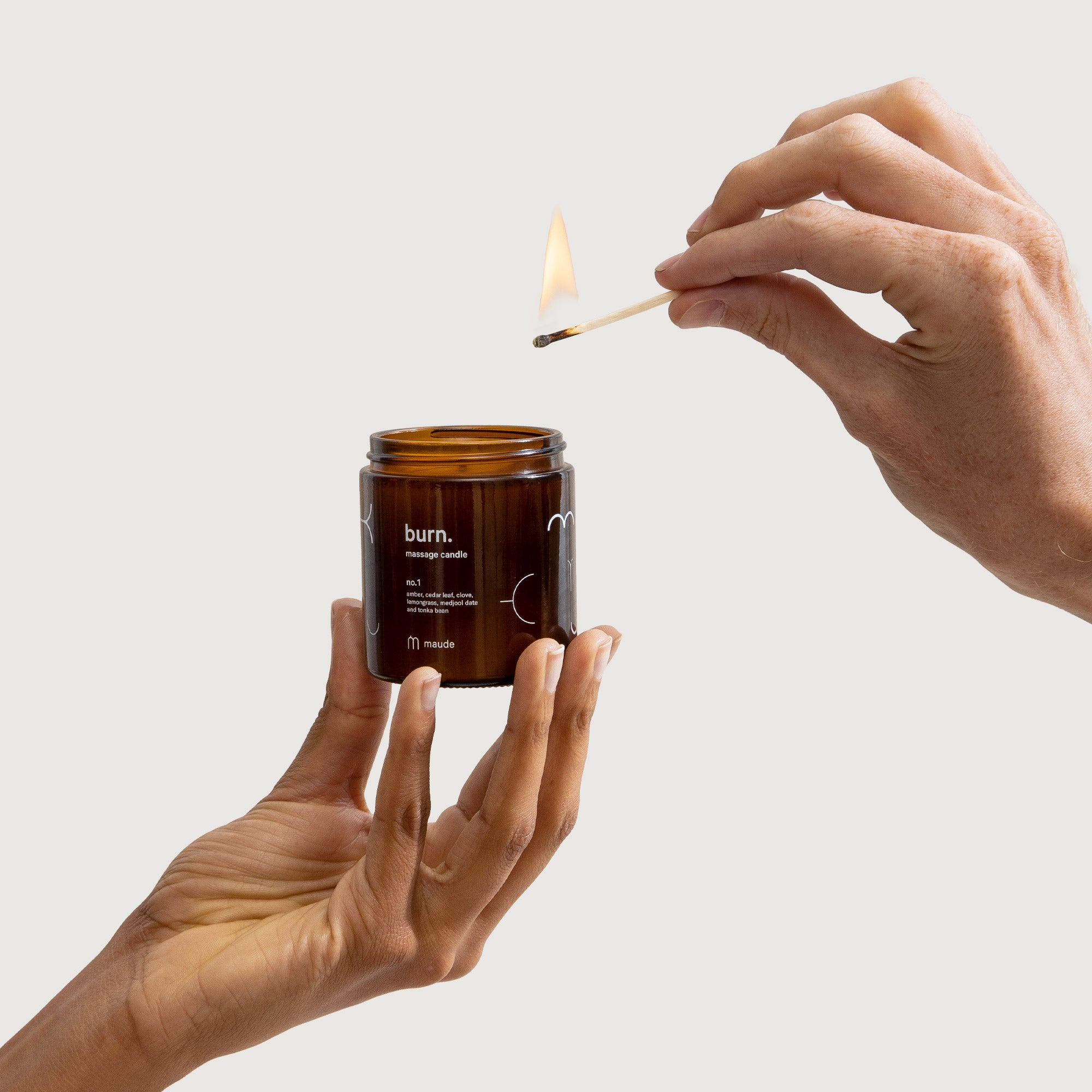how to think more about sex.

And think about it in the right way.
Modern-day philosopher Alain de Botton has explored many of life’s intricacies—including love, religion, and travel—but one of his most interesting philosophical forays has been into the subject of sex.
In his 2012 book, How to Think More About Sex, de Botton—who also happens to be the founder of London’s School of Life—delves into the dilemmas that often confound us about the topic. It’s not that we think too much about sex, he argues, but rather that we’re thinking about it the wrong way.
“Our culture encourages us to acknowledge very little of who we normally are in the act of sex,” he writes. “It seems as if it might be a purely physical process, without any psychological importance. But … what happens in love-making is closely bound up with some of our most central ambitions. The act of sex plays out through the rubbing together of organs, but our excitement is no boorish physiological reaction; rather, it is an ecstasy we feel at encountering someone who may be able to put to rest certain of our greatest fears, and with whom we may hope to build a shared life based upon common values.”
But our guilt and neuroses often cause us to be inhibited about revealing our true sexual desires, especially given that what one person might find appealing in the bedroom, another might find appalling. As de Botton puts it, sex is "an act of mutual reconciliation between two secret sexual selves emerging at last from sinful solitude."
Of course, on a day-to-day basis, most people probably aren’t thinking about sex on such poetic terms. In fact, for many people, the way that sex comes across their mind probably can’t be put into much better words than the simple expression: “I’m horny.”
So, how exactly does the average person think about sex, and what benefits can arise from thinking more about it, in poetic terms or not? Let’s dive into it.
Who thinks about sex more, men or women?If you believe stereotypes, you’ll easily assume that men are far more likely to spend their days thinking about getting laid. But scientists aren’t so quick to simply accept this as truth—so they put it to the test. According to a 2011 study of 283 college students, young men were, in fact, more likely to have sex on the brain than women. Male students reported sexual thoughts an average of 19 times a day, while female participants noted just 10 instances. While this difference is pretty significant, researchers still weren’t convinced that there is a true gender gap in sexual thoughts, saying that the difference “is smaller than is generally thought, and the reporting is likely influenced by sex role expectations.”
Because studies on how often people think about sex are based on self-reporting, it’s hard to truly judge what exactly is accurate. A 2014 sex survey by Dazed showed, on average, more women (of all sexual orientations) said that they considered sex important than men (of all sexual orientations)—though admittedly not by a huge margin. The survey also showed that women are more varied in their porn preferences, but men are more likely to watch more than six times a week. Men and women are about equally likely to watch porn between one and five times a week.
Is it normal to think about sex all the time?Many people have had those days: Maybe you’ve just started seeing someone new, a new crush is kindling, or you’re just in a particular mood. Whatever the cause, you just can’t stop thinking about sex—even during inopportune moments. So what gives?
According to the University of Washington’s wellness resource Right as Rain, sex drive is a spectrum—meaning, there’s no “normal” amount to think about sex. There are extremes on each end of the spectrum: People who identify as asexual may feel sexual desire less often than others, but that doesn’t mean they never think about sex (in fact, a 2017 study showed that people who identify with this label are more likely than those to have sexual fantasies that don’t involve them). If you think you worry about sex too much, you shouldn’t worry too much: research is not largely in favor of categorizing compulsive sexual behavior (actions or thoughts) as an addiction.
Libido can vary from person to person and may increase or decrease depending on their stage of life, relationship status, medications, health, and many other factors.
What are the benefits of thinking about sex?More often than not, you probably think about sex because it satisfies a need. It helps with stress and makes you feel good. If you’re struggling with low sexual desire, there may very well be a physical cause and you should feel comfortable discussing it with your doctor—but in addition, you can also try to think more about sex. Novelty can increase sexual functioning—so you might consider reading an erotic novel, exploring a new kink, or watching porn. Whatever you do, don’t rush it, and allow the thoughts to come in their own time. It’s supposed to be fun, after all.






